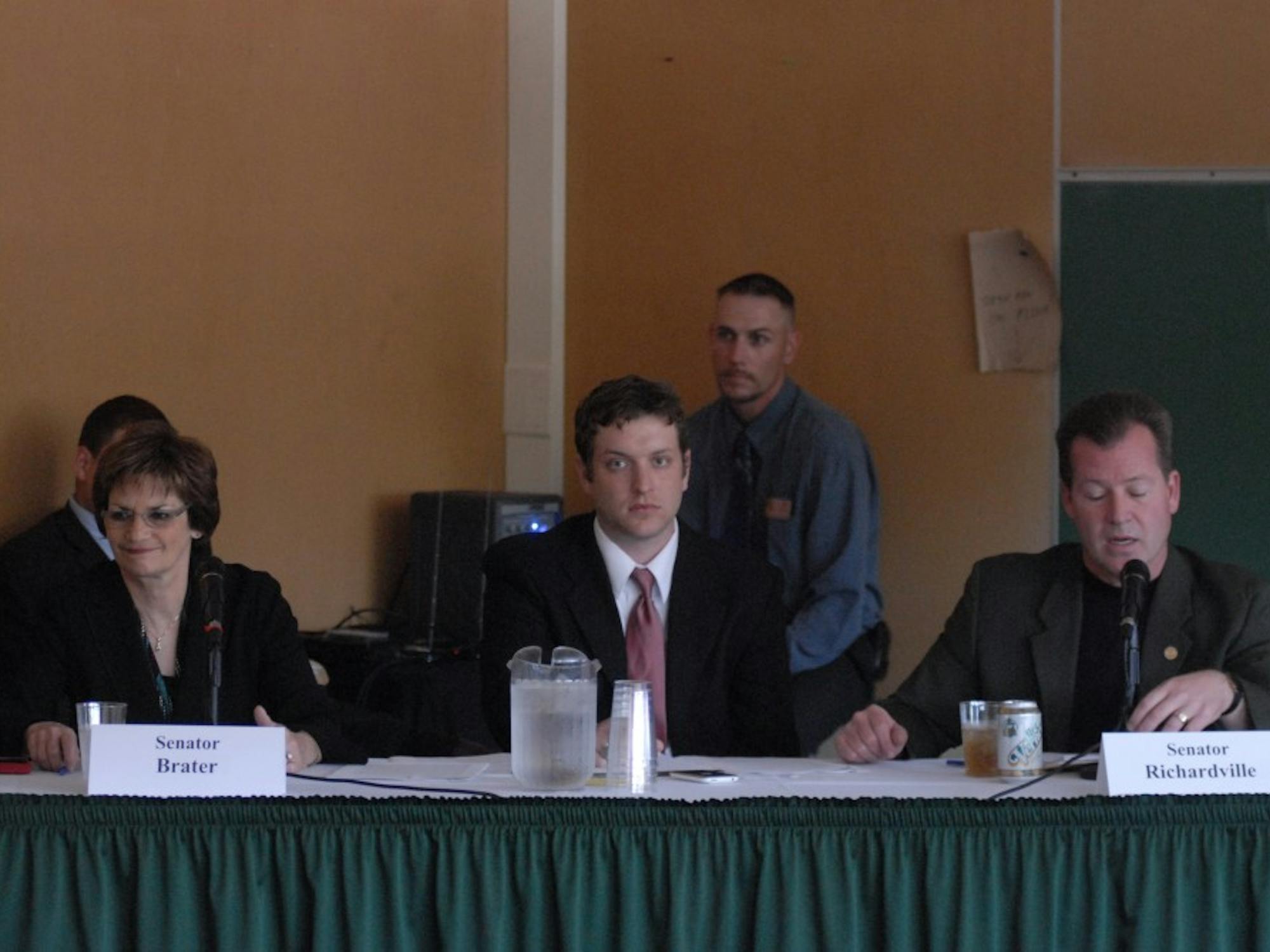The Eastern Michigan University Autism Collaborative Center hosted the first of several state Senate hearings on autism Monday.
The first hearing, chaired by Senator Randy Richardville, R-Monroe, was an opportunity for the community to educate themselves and discuss the needs of autistic individuals and their families.
The hearing featured speakers such as Senator Liz Brater, D-Ann Arbor, Catherine Lord, director of the University of Michigan Autism and Communication Disorder Center, Eileen Weiser, member of the National Assessment Governing Board, and others interested in the betterment of the autistic community.
Richardville explained that his initial interest in the cause was sparked by his constituency. As he learned more about the people around him, he started recognizing more individuals being affected by autism. He started doing research on his own.
“[It seemed] the more questions I asked, the more events I was invited to,” he said.
Though the hearing discussed many issues pertaining to autism, insurance was the most predominant word on everyone’s tongue. When asked what the biggest obstacle was, currently, Richardville declared, “insurance.”
Lorri Unumb, senior policy advisor and counsel of Autism Speaks, also spoke of the importance of insurance reform.
She explained that insurance companies have been denying coverage under the terms that treatment, such as ABA therapy, is considered “experimental.”
All of the speakers seemed to insist on the importance of, as Richardville put it, “early discovery, early intervention and early treatment.”
Because autism affects every 1 in 110 children, the population of Americans dealing with an autistic individual is constantly growing. It is estimated that two-thirds of Michigan adolescents with autism will never receive care.
Pamela Lemerand, project director of the Autism Collaborative Center at EMU, explained that the center is a strong link in the community for autistic individuals and their families.
“Our goal is services that change the developmental trajectory,” Lemerand said.
The Collaborative Center focuses on nine disciplines, everywhere from music therapy to speech and general education, to social work.
“Not one intervention fits all,” Lemerand explained, “[We are] training the professionals of tomorrow, and those who are working in the field currently.”
Nineteen of the 50 states require the insurance reform, and another 10 are currently pursuing it. Michigan lawmakers are currently collecting information and looking to find the amount of impact autism has on Michigan families.
Four more public hearings will be held in Michigan and the Senate will continue to discuss insurance reform for the future.









